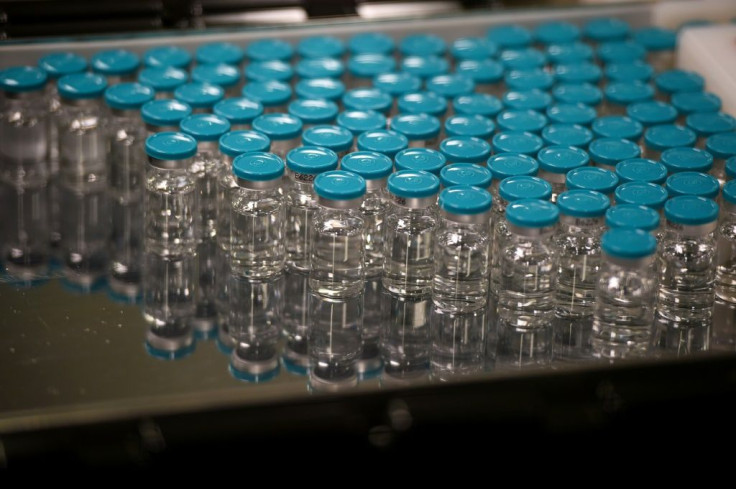
In the drug development system, the people are represented by two separate yet equally important groups: the U.S. Patent and Trademark Office and the Food and Drug Administration. With apologies to those behind "Law and Order," these are their stories.
The process of developing a new drug starts in the lab with a promising chemical compound or process. Typically, the next step after discovery is a patent application, which protects the potential new treatment from copycats. Expert examiners at the USPTO then scrutinize it for its usefulness, originality, and non-obviousness. If it passes these tests, the patent goes through.
Next, developers file a new drug application with the FDA, the beginning of a process that hopefully ends in approval after expert officials at the agency undertake a lengthy process of scrutiny of the safety and effectiveness of the potential new drug.
These are separate but equally important tasks: USPTO for non-obvious originality and utility, FDA for safety and efficacy.
Unfortunately, in an effort that's supposedly designed to accelerate the introduction of more generics and biosimilars, a bill now under consideration in Congress would blur and blend these functions.
If it goes forward, bringing new breakthroughs to the patients who need them will be even more difficult.
Taking a drug from the lab to the pharmacy is anything but simple. From making a discovery, to testing on cells and animals, to three phases of clinical trials on human subjects, and finally to FDA approval, the process can take a decade or more.
Throughout this journey, venture capital is key. New drug development requires huge investments before any revenue comes in -- in excess of $2 billion per new drug approval, taking into account that 90% of new drugs fail in clinical trials, if they even get that far.
It's an incredibly risky investment proposition. What draws VCs to the industry is the assurance that drugs that do make it to market can return not only the investments that went into making that specific drug, but also offset the sunk cost of all the investments into drugs that failed -- and provide a return.
Patents give investors that assurance. If the drug does win FDA approval, its developers have a period of market exclusivity before generic manufacturers can jump in with their competing wares.
The USPTO and the FDA are fundamentally different agencies, and biotech companies deal with each independently at various points throughout the drug development process -- meeting each agency's requirement for the mountains of paperwork necessary to fulfill its function in protecting the public interest.
At least, that's the process now. The Medication Affordability and Patent Integrity Act would add additional mountains of redundant paperwork requirements for biotechs to navigate.
The bill would require drug developers to double-file nearly everything they produce for the FDA with the USPTO as well. The ensuing waste of time and money would be considerable. MAPI would multiply investment requirements, making it harder for drug developers to fund their promising projects.
Equally bad, it tasks the experts on what constitutes a novel invention with digesting mountains of clinical scientific data. Drugs that would otherwise be approved could be held up.
What were once trade secrets could even become public, as the USPTO typically publicizes what it examines in a patent application. That's not the case with the FDA, where proprietary data remains shielded from competitors' prying eyes.
Finally, there is the ulterior motive of some proponents of this legislation -- would-be copycats seeking a legal way to help themselves to the work of others. Right now, they routinely seek to overturn patents whose discoveries they want to exploit. Sometimes, a minor flaw in the patent application or the examination process is enough to do just that. MAPI introduces many more opportunities for invalidation for failure to dot the i's and cross the t's to a reviewer's satisfaction.
This proposed legislation accomplishes nothing useful while creating ample mischief-making opportunities that have bad actors salivating.
John Stanford is the executive director of Incubate, a Washington-based coalition of life sciences venture capitalists.







